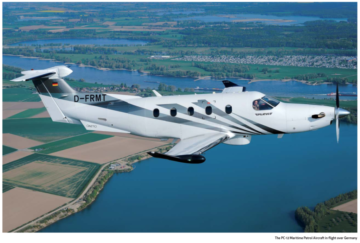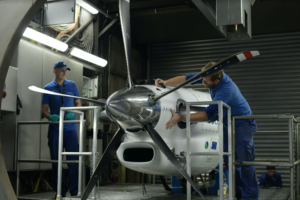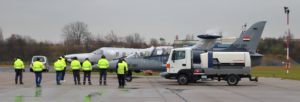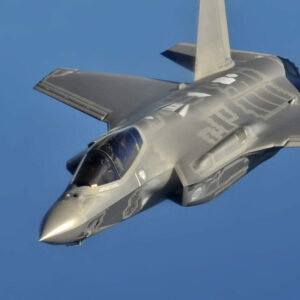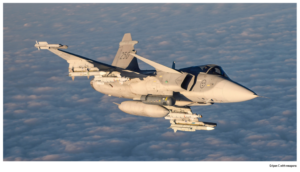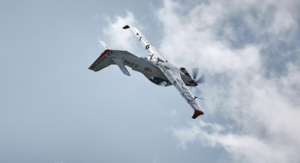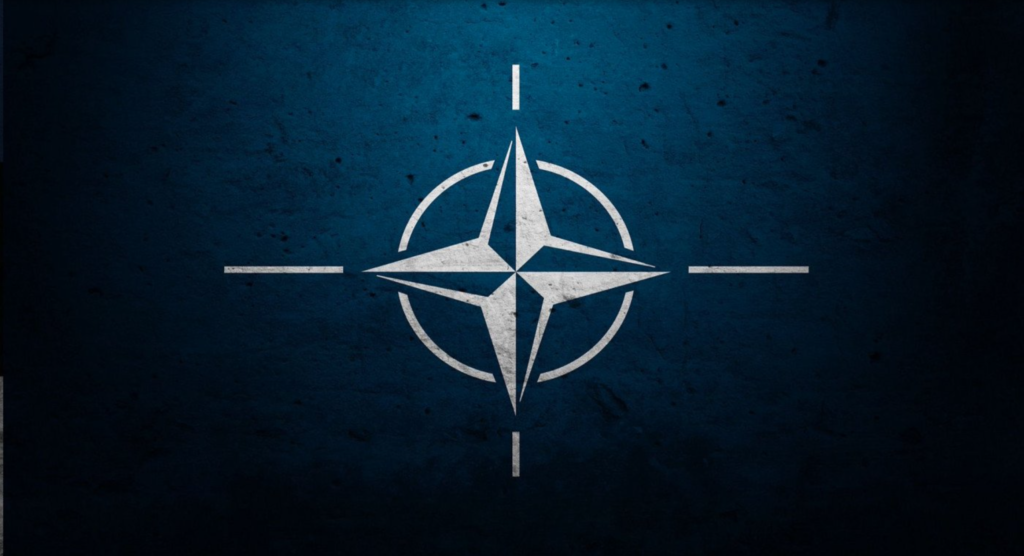
The year 2024 marks a critical juncture in global affairs, with Europe positioned at the epicenter of profound geopolitical shifts. Recent developments signal a departure from the long-standing era of relative peace and stability, moving towards heightened tensions and military posturing.
The assertion by the UK’s Defence Secretary, Grant Shapps, that “the era of peace has ended” resonates across the continent. This statement encapsulates the growing sentiment among global leaders regarding the escalating threats posed by nations such as Russia, North Korea, and Iran. Europe finds itself grappling with Russia’s aggressive stance in Ukraine and the broader implications of new military alliances and strategies that challenge the conventional order.
The threat of nuclear proliferation, particularly from North Korea and Iran, introduces a significant layer of complexity for Europe. The potential for an unstable nuclear landscape raises crucial questions about the effectiveness of existing security frameworks and nuclear deterrence strategies. Europe’s approach to these challenges, balancing the need for security with ethical implications and global responsibility, is pivotal.
Europe also faces the challenges of evolving warfare nature, with cyber attacks and mass migration emerging as critical tools of geopolitical strategy. The continent’s response to these new battlegrounds, which can undermine economic and social stability without physical confrontation, reflects its broader strategic priorities and humanitarian values.
Europe’s commitment to defense spending and NATO’s role, highlighted by Shapps’ emphasis on the deployment of 20,000 troops, signals a strategic shift. This move, while demonstrating a commitment to collective defense, also raises questions about the long-term sustainability and implications of such military commitments, especially given the diverse capabilities and resources across European nations.
How will Europe, within the broader global context, balance the imperative of security against the risks of escalating tensions? What role will diplomacy play in this balancing act?
What are the ethical ramifications of Europe’s increasingly aggressive defense postures, particularly in light of nuclear threats and cyber warfare?
In an environment where trust is strained and interests diverge, how can Europe foster international cooperation? What role will Europe play in ensuring a cooperative global approach to these emerging threats?
The continent’s decisions and actions in 2024 will not only shape its future but also have profound implications for the global geopolitical landscape.
By Katerina Urbanova, ACE
- SEO Powered Content & PR Distribution. Get Amplified Today.
- PlatoData.Network Vertical Generative Ai. Empower Yourself. Access Here.
- PlatoAiStream. Web3 Intelligence. Knowledge Amplified. Access Here.
- PlatoESG. Carbon, CleanTech, Energy, Environment, Solar, Waste Management. Access Here.
- PlatoHealth. Biotech and Clinical Trials Intelligence. Access Here.
- Source: https://aero-space.eu/2024/01/17/the-precipice-of-global-conflict-europes-role/
- :has
- :is
- :not
- :where
- 000
- 01
- 20
- 2024
- a
- About
- across
- Act
- actions
- Aerospace
- Affairs
- against
- aggressive
- Alliances
- also
- among
- an
- and
- approach
- ARE
- AS
- At
- Attacks
- Balance
- balancing
- broader
- but
- by
- CAN
- capabilities
- central
- central europe
- challenge
- challenges
- Collective
- commitment
- commitments
- complexity
- conflict
- context
- continent
- conventional
- cooperation
- cooperative
- critical
- crucial
- cyber
- Cyber Attacks
- decisions
- defence
- Defense
- demonstrating
- departure
- deployment
- developments
- Diplomacy
- Diverge
- diverse
- Economic
- effectiveness
- emerging
- emphasis
- encapsulates
- ensuring
- Environment
- Epicenter
- Era
- especially
- ethical
- Europe
- European
- Europes
- evolving
- existing
- faces
- finds
- For
- Foster
- frameworks
- from
- future
- geopolitical
- given
- Global
- global context
- grant
- grappling
- Growing
- Have
- heightened
- Highlighted
- How
- HTTPS
- Humanitarian
- imperative
- implications
- in
- increasingly
- interests
- International
- Introduces
- Iran
- ITS
- itself
- juncture
- korea
- landscape
- layer
- leaders
- light
- long-standing
- long-term
- Mass
- migration
- Military
- move
- moving
- Nations
- Nature
- Need
- New
- North
- North Korea
- nuclear
- of
- on
- only
- order
- particularly
- peace
- physical
- pivotal
- plato
- Plato Data Intelligence
- PlatoData
- Play
- posed
- positioned
- potential
- precipice
- profound
- Questions
- raises
- ramifications
- recent
- reflects
- regarding
- relative
- resonates
- Resources
- response
- responsibility
- risks
- Role
- Russia
- s
- secretary
- security
- sentiment
- Shape
- shift
- Shifts
- Signal
- signals
- significant
- Social
- Spending
- Stability
- stance
- Statement
- Strategic
- strategies
- Strategy
- such
- Sustainability
- tensions
- that
- The
- These
- this
- threat
- threats
- to
- tools
- towards
- Trust
- Ukraine
- Undermine
- Values
- What
- which
- while
- will
- with
- within
- without
- year
- zephyrnet


